Position:Main > international > Content
Date:2025-03-04 21:06 Source:未知 Editer:admin
The first phase of the Gaza ceasefire agreement ended on March 1st, and the game between Israel and Hamas over the second phase negotiations is deadlocked. Currently, there are significant differences in positions between the two sides, wit...
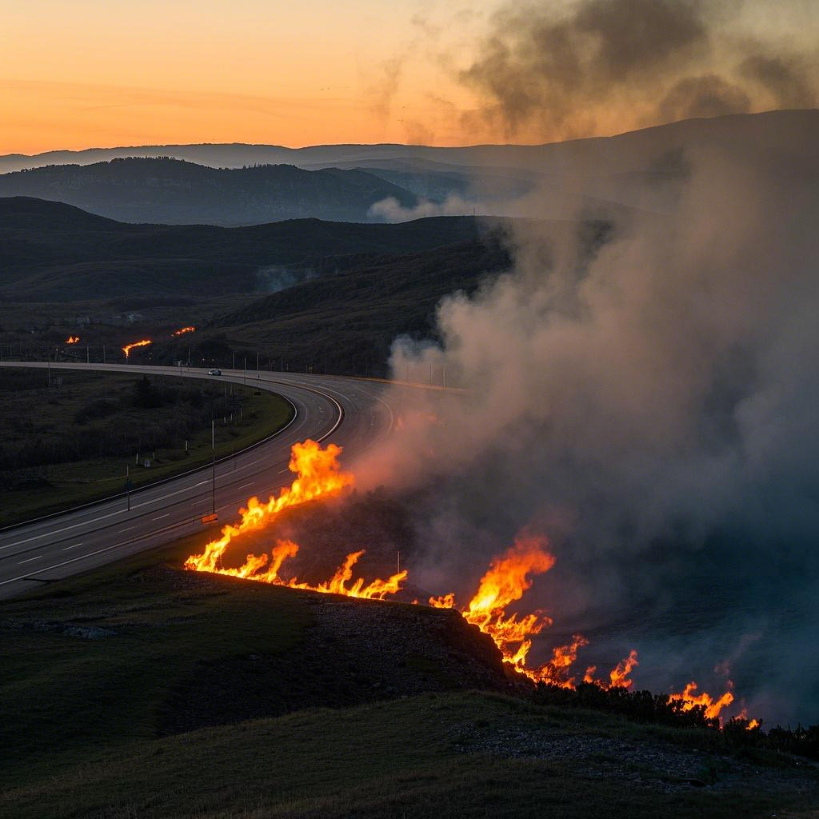 The West Hampton Wildfire in Long Island, USA has b
The West Hampton Wildfire in Long Island, USA has b
On March 9th local time, CCTV reporters learned from relevant departments in Long Island, New York that the previously raging West Hampton wildfire has been effectively controlled by 80%. This positive development has led to the reopening o...
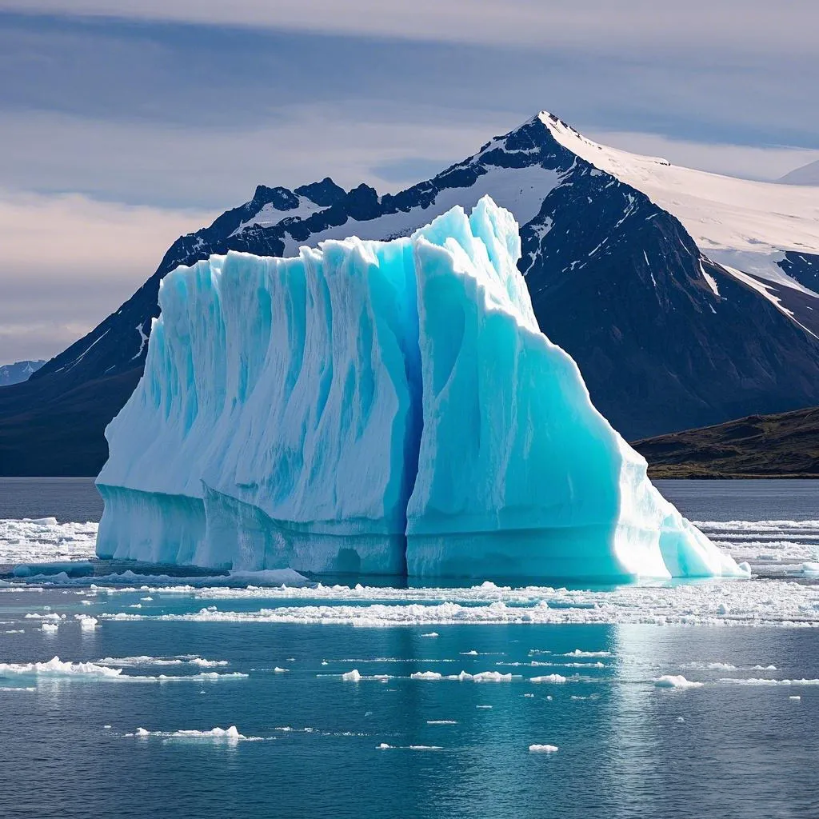 The impact and pros of the world's largest ice
The impact and pros of the world's largest ice
According to the BBC on the 4th, the worlds largest iceberg A23a, originally originating from Antarctica, has unfortunately run aground on South Georgia Island in the South Atlantic and is at risk of breaking in the future. This giant icebe...
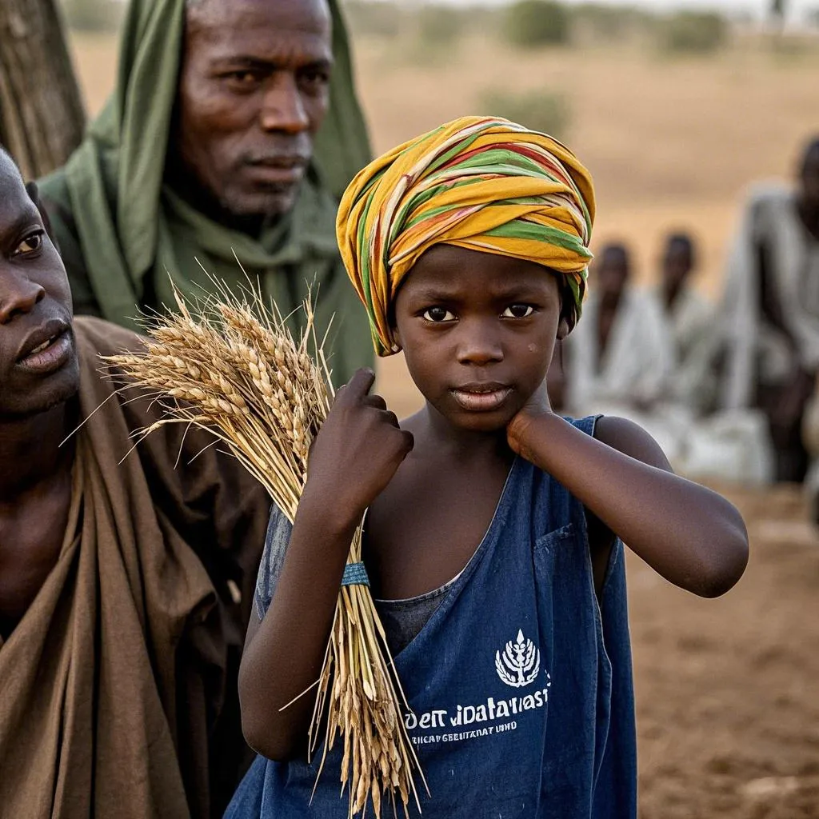 World Food Programme: Millions of people in Somalia
World Food Programme: Millions of people in Somalia
The United Nations World Food Programme released a report on March 4th stating that out of over 18 million people in Somalia, approximately 3.4 million are currently facing severe food shortages. Due to multiple factors such as ongoing drou...
 Green Energy Transition in Africa: A Bright Path to
Green Energy Transition in Africa: A Bright Path to
In Garissa County, northeastern Kenya, the days when night fell and power outages were frequent have become a thing of the past. The local elderly man Mwara pointed with emotion to the neatly arranged photovoltaic panels on the grassland, e...
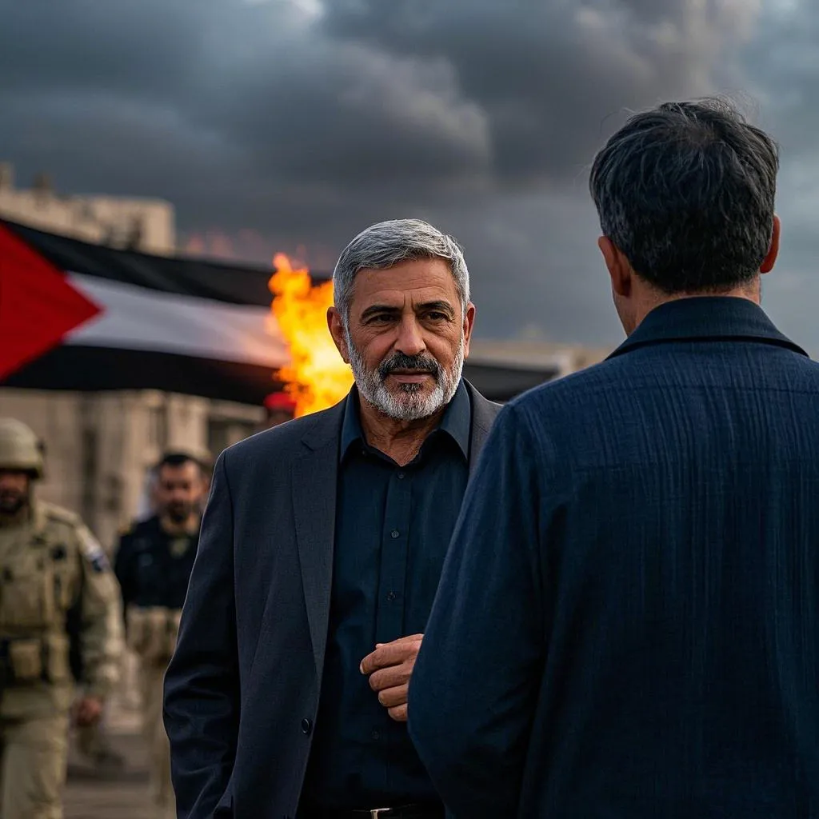 Gaza ceasefire deadlock unresolved: triple game of
Gaza ceasefire deadlock unresolved: triple game of
The first phase of the Gaza ceasefire agreement ended on March 1st, and the game between Israel and Hamas over the second phase negotiations is deadlocked. Currently, there are significant differences in positions between the two sides, wit...
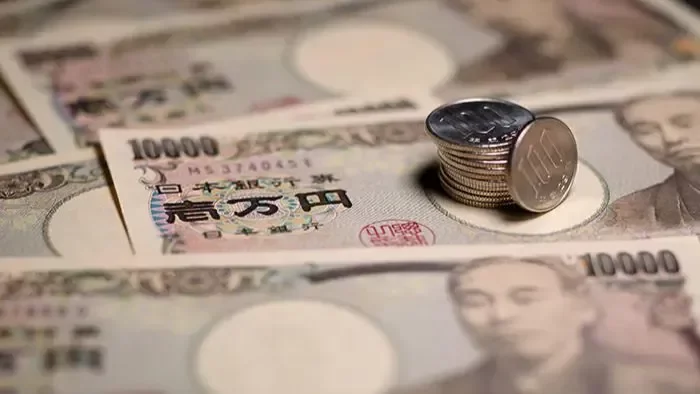 The Japanese government firmly denies guiding the d
The Japanese government firmly denies guiding the d
In response to the accusation made by US President Trump on the 3rd that Japan has been guiding currency depreciation for a long time, the Japanese government quickly responded on the 4th and explicitly denied the relevant accusations. Japa...
 The joint public welfare activity of "2023 Yiqi L
The joint public welfare activity of "2023 Yiqi L
In September 2023, a warm and hopeful 2023 Yiqi Love joint public welfare activity was warmly launched in Haidian. This event was initiated by the Haidian Education Foundation, and as of September 9th, it has successfully attracted 6783 act...
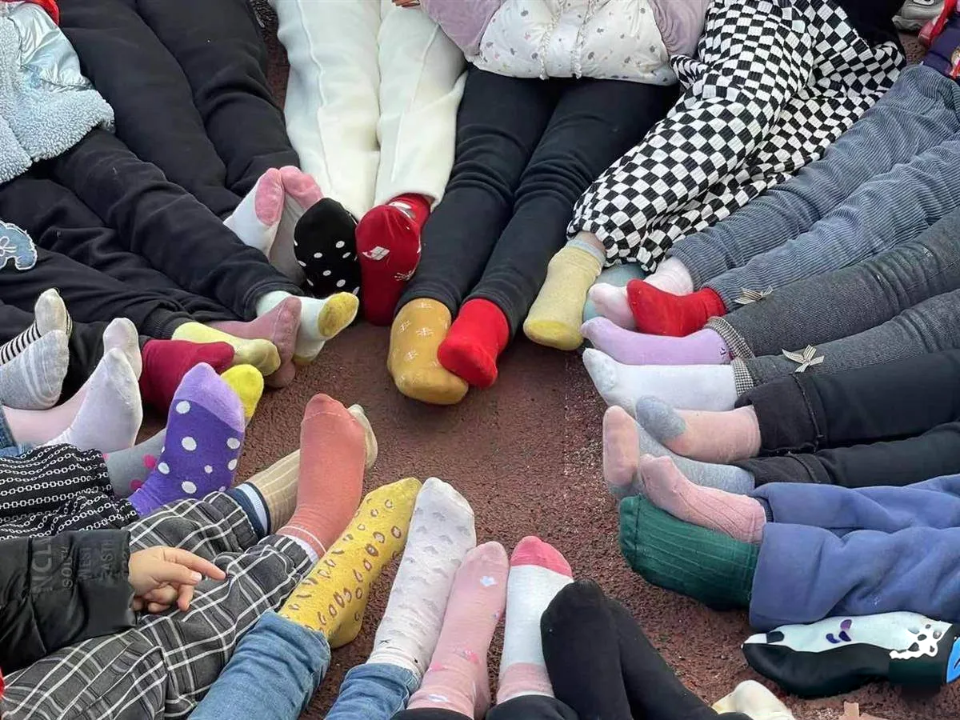 The 'Wrong Socks Day' event opens
The 'Wrong Socks Day' event opens
On December 23, 2023, as the first warm winter sun gently falls on every inch of the citys land, the eighth Wrong Socks Day event is like a warm light, opening warmly across the country. This unique public welfare advocacy activity was care...
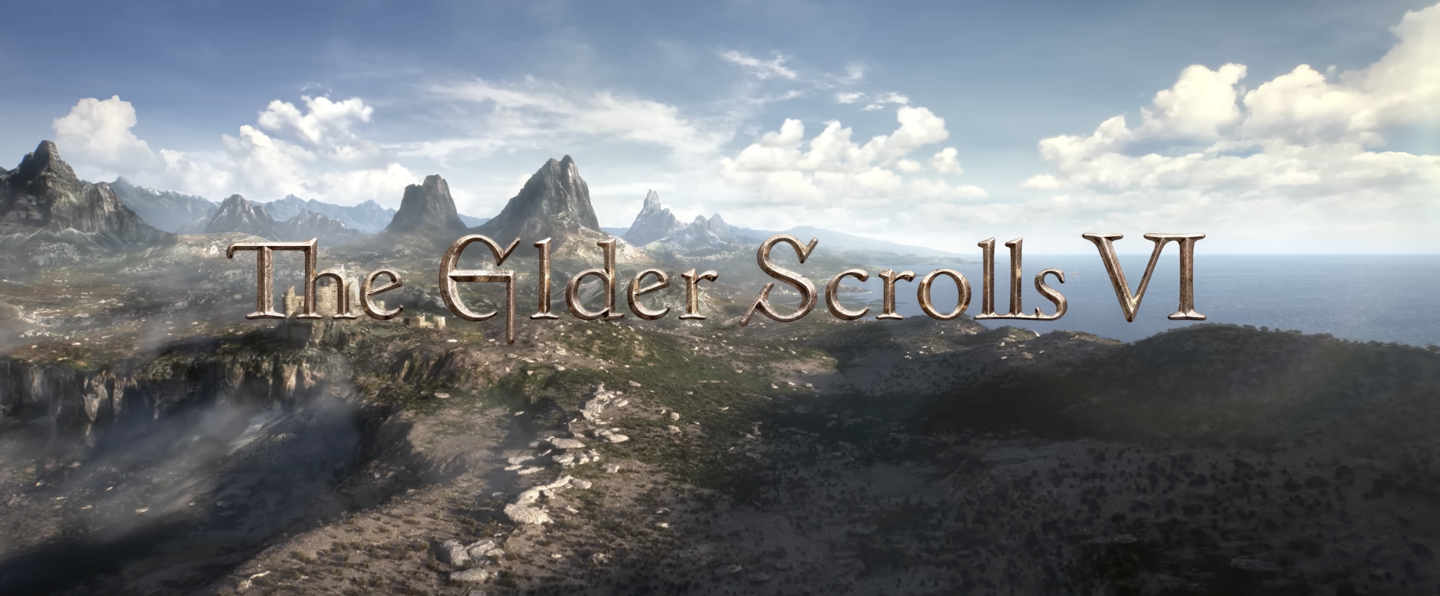 B company participates in Make-A-Wish charity aucti
B company participates in Make-A-Wish charity aucti
On February 18th, well-known gaming company B announced its participation in the Make-A-Wish charity auction event. One of the highlights of this auction is that the winning bidder will have the opportunity to create an exclusive game NPC f...
Brazil promotes green transformation of mining industry, wit
The United States launches a large-scale anti pornography op
The US State Department suspends the vast majority of foreig
EU accelerates deployment of renewable energy to promote gre
Thailand holds the opening ceremony of a large-scale charity
US judge refuses to restore Associated Press interview right
The unilateral tax increase measures of the United States se
British media: Severe pollution leads to increased claims, I
2025-03-01UAE Sustainable Innovation Competition announces selection r
2025-03-01The unilateral tax increase measures of the United States se
2025-03-01Indonesia launches free nutritious meal program to help impr
2025-03-01Rush to Xizang Earthquake Area to Overcome Difficulties
2025-03-01The 25th Cuba International Cigar Festival has grandly opene
2025-03-01US judge refuses to restore Associated Press interview right
2025-03-01The United States launches a large-scale anti pornography op
2025-03-01US and Russia join forces to oppose Ukraine's conde
2025-03-01EU accelerates deployment of renewable energy to promote gre
2025-03-01